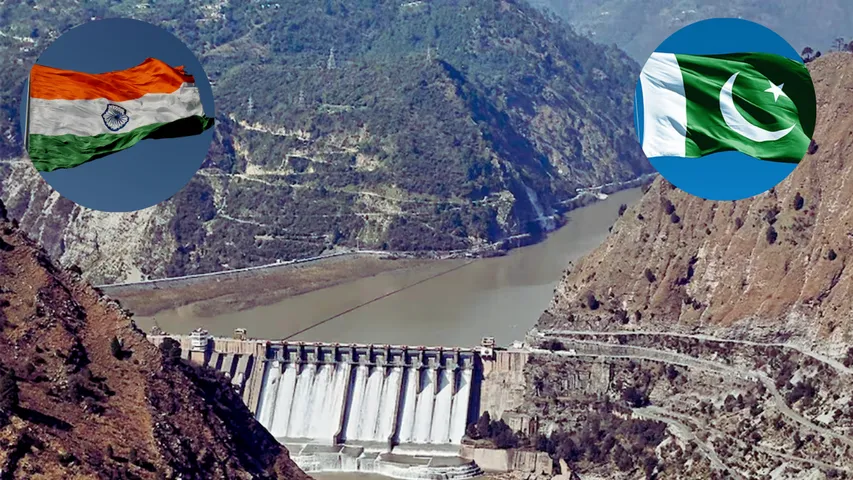In a dramatic and potentially game-changing move, the Government of India formally suspended its obligations under the Indus Waters Treaty (IWT), a venerable water-sharing accord signed with Pakistan in 1960 facilitated by the World Bank. The move marks a new chapter in the already tense relationship between the two South Asian countries.
Historic Agreement Now Under Pressure
The Indus Waters Treaty, widely touted as one of the longest lasting international water treaties, has survived several wars and several decades of turmoil. The treaty allocates:
India rights to the eastern rivers — Ravi, Beas, and Sutlej.
Pakistan rights to the western rivers — Indus, Jhelum, and Chenab — although India is left with limited rights for non-consumptive purposes like hydroelectric projects.
But India has suspended cooperation under the agreement on grounds of persistent Pakistani objections to Indian infrastructure development and what it called the “weaponization of dispute settlement mechanisms.”
Why the Halt Now?
According to Indian officials, repeated Pakistani objections to hydroelectric schemes like Kishanganga and Ratle — even after India adhering to norms of the treaty — have made implementation of the treaty impossible. Islamabad’s refusal to negotiate over bilateral talks and instead insisting on international arbitration has further stressed the process.
“The treaty cannot function in an obstructionist or unilateral environment,” said a senior Indian official. “We are not giving it up, but we are demanding a rethink.”
Consequences for Pakistan
The break in the treaty sends warning bells ringing across Pakistan’s water sector, agricultural community, and diplomatic corps:
Water Security: Pakistan relies on the Indus system for over 80% of the nation’s agriculture irrigation and the majority of its drinking water. Any disruption or one-sided alteration in water flow has the ability to trigger a crisis.
Legal and Diplomatic Consequences: Islamabad can take this matter international, engaging the World Bank or the United Nations.
Domestic Pressure: In the context where already water scarcity haunts, domestic pressure on the Pakistani government to take firm action is mounting up.
Global Stakeholders on Standby
Reactions from all over the globe are imminent in the near term. The World Bank, being a signatory and treaty facilitator, has had a policy of favoring bilateral settlement. However, taking into account the suspension of the treaty, it may be obliged to take an active role again.
Countries like the United States, China, and the European Union are holding their breaths, apprehending the regional destabilization that might follow.
What’s Next?
India has announced that it would embrace renegotiation or a redesigned version of the treaty better attuned to present-day realities and technologies. Relations between the two nations, however, are at an all-time low.
Whether the treaty can be saved or re-negotiated will be a function of how Pakistan responds diplomatically in the coming weeks — and whether both countries are willing to place long-term water security above short-term politics.

More Stories
Pope Francis Passes Away on Easter Monday at Age 88
Earthquake Of Magnitude 7.2 Jolts Myanmar, Tremors Felt in Delhi-NCR
Tesla hit with huge blow as Trump’s 25% Auto Tariffs come into force